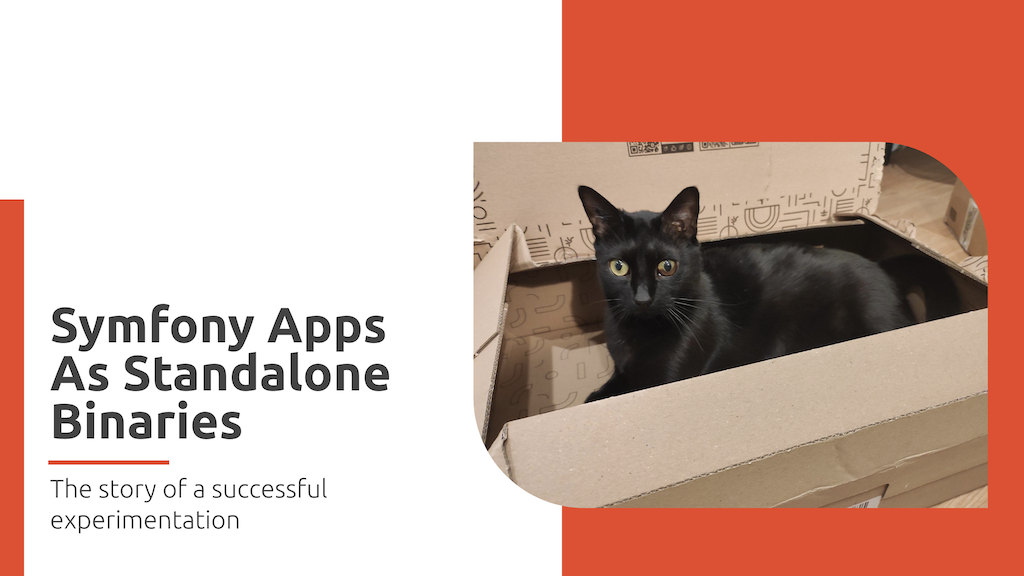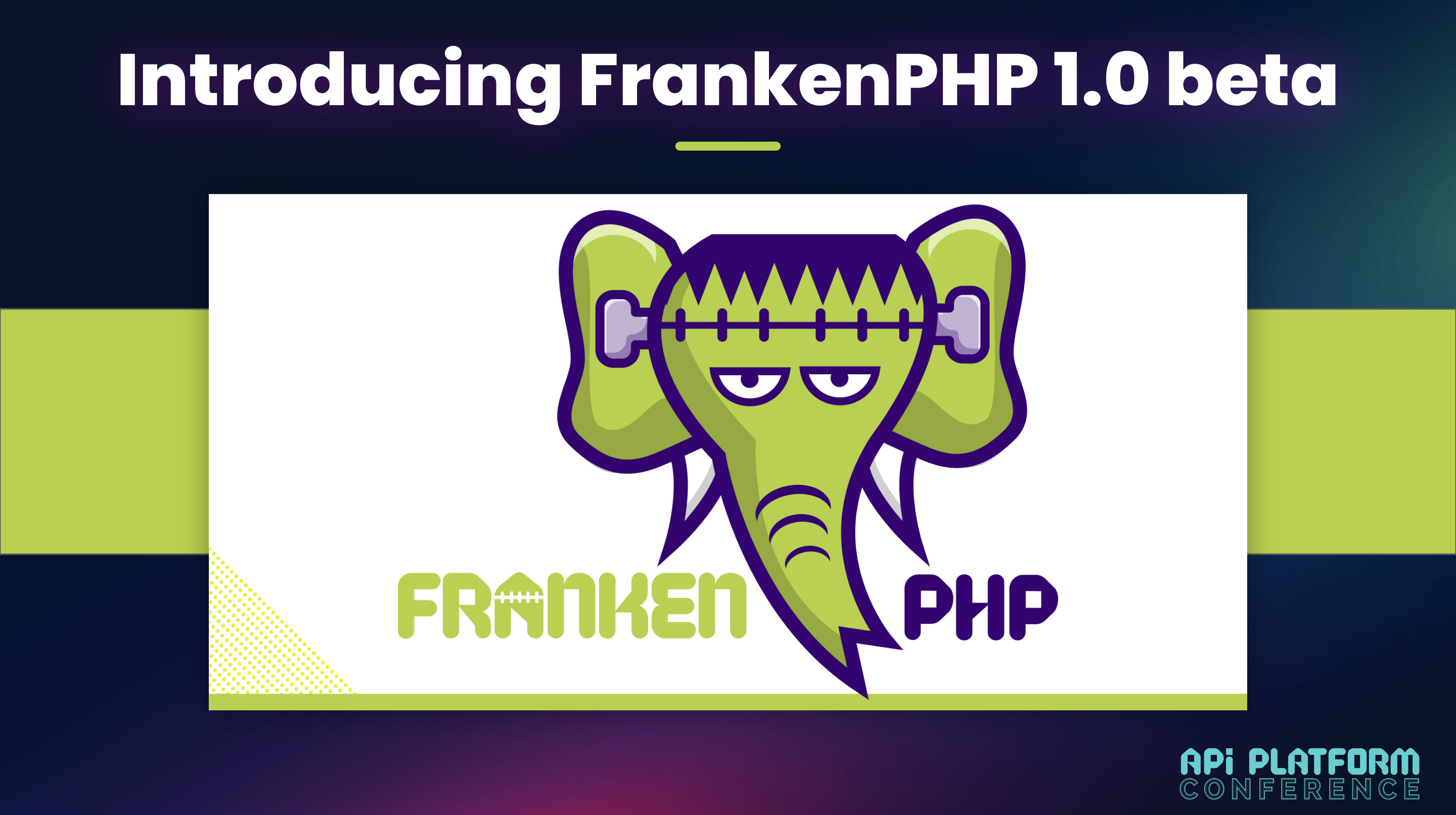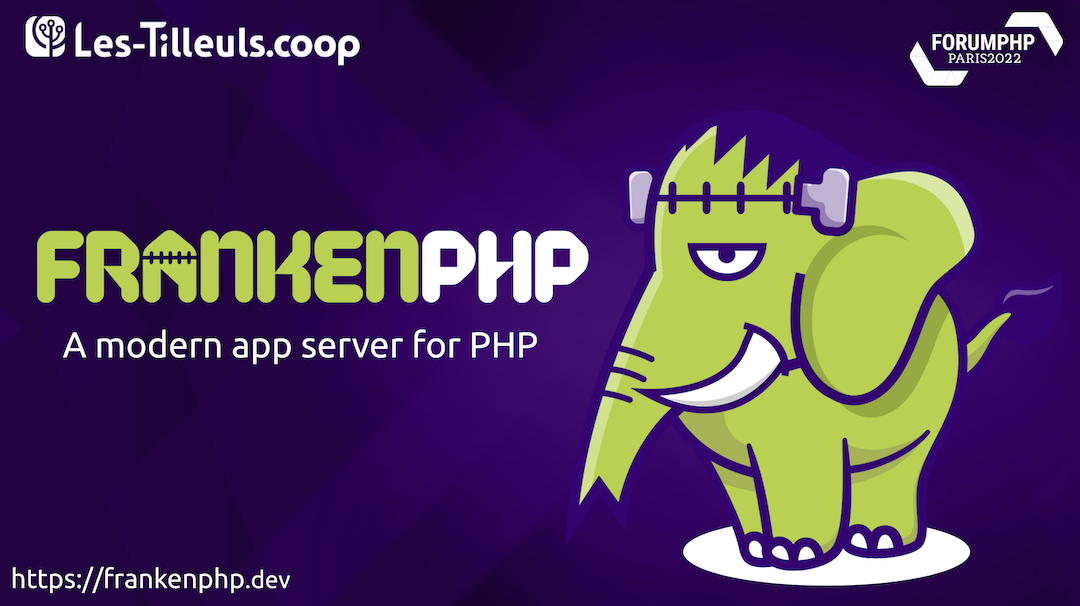Distributing PHP applications is quite complicated. For instance, to run a Symfony project in production, a web server, the PHP engine, and the appropriate PHP extensions need to be installed. Their versions and configurations must be compatible with the app. Because PHP is an interpreted language, the application source code must also be available. Composer…
Tag: Go
The PHP Revolution Is Underway: FrankenPHP 1.0 Beta
I’m very proud to announce the immediate availability of FrankenPHP 1.0 beta. FrankenPHP is a brand-new application server for PHP, written in Go and built on top of Caddy, that dramatically simplifies the deployment of PHP apps, and brings new features to PHP such as: FrankenPHP is available as a Docker image (Debian, Alpine, PHP…
FrankenPHP: The Modern Php App Server, written in Go
Today I released FrankenPHP during the ForumPHP conference. FrankenPHP is a new app server for PHP apps (built on top of Caddy) and a library to embed the PHP interpreter in Go web servers. Key features: Learn more in this slide deck, on the website and on GitHub! SymfonyCon version: Recording of the talk (in…


